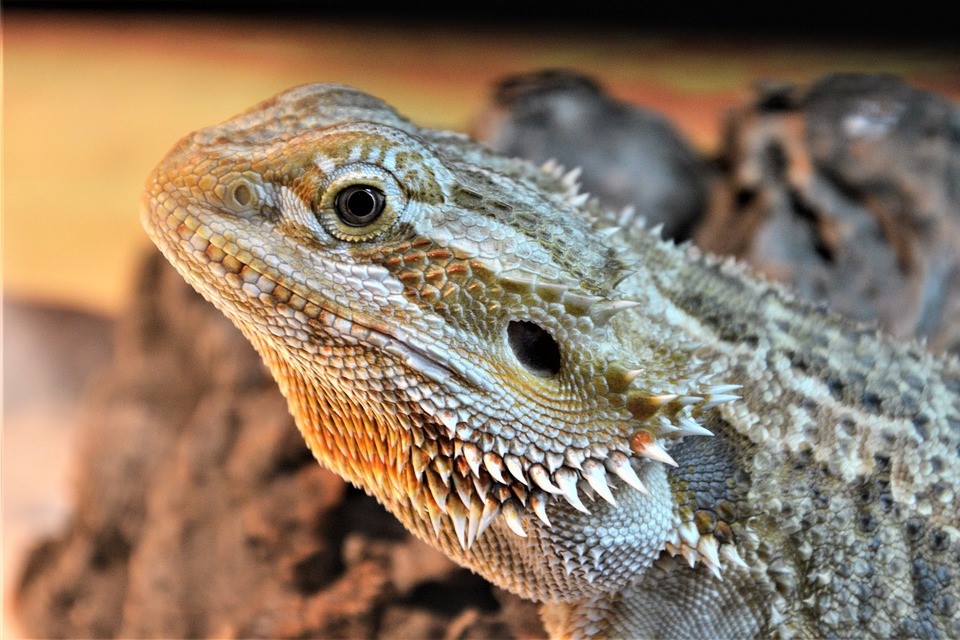 Meet four different live animals and identify how they use their external parts to help them survive, grow, and meet their needs. Discover how animals need different adaptations to survive in various habitats and what tools people have designed to mimic some of these adaptations.
Meet four different live animals and identify how they use their external parts to help them survive, grow, and meet their needs. Discover how animals need different adaptations to survive in various habitats and what tools people have designed to mimic some of these adaptations.
Programs for 1st & 2nd Grade groups |
TNC programs have been developed for students in 1st and 2nd grade and are designed to help educators meet National Association for the Education of Young Children (NAEYC) Standards, Next Generation Science Standards, and the New Jersey Student Learning Standards. If a subject of interest to you does not appear below, please contact the Field Trip and TNC to Go Manager for more information on how we can design programs to reinforce your curriculum. |
Field Trip Programs
| TNC to Go Programs | TNC Remote Learning (through a computer) |
1st & 2nd Grade Field Trips ProgramsDesigned to be taught at Tenafly Nature Center, however you can also schedule a TNC to Go program (at your location) to participate in some of these same experiences.
|
Seasonal Field Trip Programs(All programs are 90 minutes) Click title to view description
Field Trip Add-OnsClick title to view description
|
|
Half Day |
Full Day (2 90-minute programs) |
|
| Per student |
$15 | $25 |
| Minimum |
$225 | $375 |
- No additional charge for teachers and aides.
- Maximum 1st-12th grade group size is 30 children per TNC educator.
- A maximum of 120 students can be accommodated at TNC at one time. Larger groups can be divided between morning and afternoon, or scheduled over several days.
- Programs require one teacher per class and one adult chaperone per five students who may attend for free.
- In order to obtain adequate staff, advance notice of additional students and adults is required. We reserve the right to limit the number of non-registered participants on the trail to the number originally registered on the confirmation form.
- Please separate students into groups of 30 max (or one class) prior to arrival.
- Groups choosing the full day option have bathroom/lunch time included (total field trip time 3.5 hours)
- If your funds are limited, please consider applying for a scholarship (we strive to make nature accessible to everyone).
Accessibility at TNC
Many TNC programs can be altered to accommodate participants with special needs. We ask that you disclose pertinent information with a minimum of two weeks notice about any needs (educational requirements resulting from learning difficulties, physical abilities, or emotional and behavioral difficulties). This enables us to make accommodations to meet your groups needs.
1st & 2nd Grade TNC to Go ProgramsDesigned to be taught at your location, however you can also schedule a field trip to Tenafly Nature Center to participate in these same experiences.
|
TNC To Go Programs Available All Year(All programs are 45-60 minutes, unless otherwise noted) @ = Program that can be done as an assembly (more than 30 students at one time) Click title to view description
TNC To Go Add-OnsAnimal Sponsorship Enjoy an additional 15-30 minute up close visit and Q & A session with your sponsored animal. All school & summer group sponsorship's receive a thank you package which includes: sponsored animal sticker or collectible trading card for every student, a certificate, photograph of sponsored animal, recognition in our newsletter, species information and animal's biography.
| TNC to Go Pricing |
| 1st Hour | Consec. Hour | ||
| Bergen County | |||
| <30 participants | $275 | $150 | |
| >30 participants @ | $400 | $300 | |
| Up to 1-Hour Away | |||
| <30 participants | $300 | $150 | |
| >30 participants @ | $425 | $300 | |
| NYC Boroughs | |||
| <30 participants | $400* | $150 | |
| >30 participants @ | $500* |
$300 |
- No additional charge for teachers and aides.
- *Additional fee is included to the first program fee for all New York City boroughs visits to cover NYC permit requirements.
- A mileage charge of the current IRS rate per mile round trip is added to the program fee.
- One parking space must be provided near the entrance of your location (if no parking is available at your site then a fee will be added to cover any associated garage fees).
- Consecutive classes are programs held one right after another, for different classes, in the same school with no more than a 60 minute break between two of the programs.
- Maximum Pre-school & Kindergarten group size is 25 children per TNC educator.
- If your funds are limited, please consider applying for a scholarship (we strive to make nature accessible to everyone).
@ = Program that can be done as an assembly (more than 30 students at one time)
|
Remote Learning Programs Available All Year(All programs are 30 minutes)
|
 |
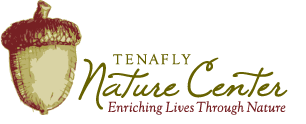
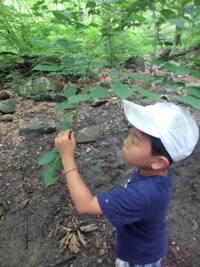 More than 1100 groups come to the Tenafly Nature Center each year. With their boundless curiosity, they touch, observe and listen to the natural world. Join our professional educators this year, as they bring classroom concepts to life and lead your students in hands-on learning and close observations in our 380-acre living museum.
More than 1100 groups come to the Tenafly Nature Center each year. With their boundless curiosity, they touch, observe and listen to the natural world. Join our professional educators this year, as they bring classroom concepts to life and lead your students in hands-on learning and close observations in our 380-acre living museum.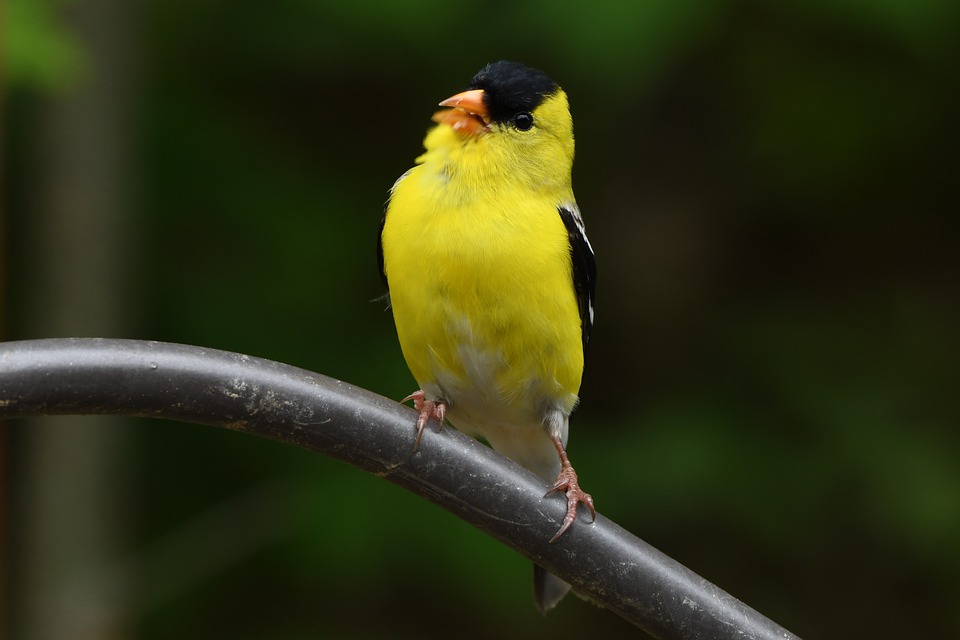 Meet a live bird of prey and learn what it is that makes a bird a bird. Discover bird diversity, what they need to survive, and how people can reduce their impact on avian species. Learn how a birds external parts help it to grow and survive and identify how the shape of a birds beak enables it to obtain food.
Meet a live bird of prey and learn what it is that makes a bird a bird. Discover bird diversity, what they need to survive, and how people can reduce their impact on avian species. Learn how a birds external parts help it to grow and survive and identify how the shape of a birds beak enables it to obtain food.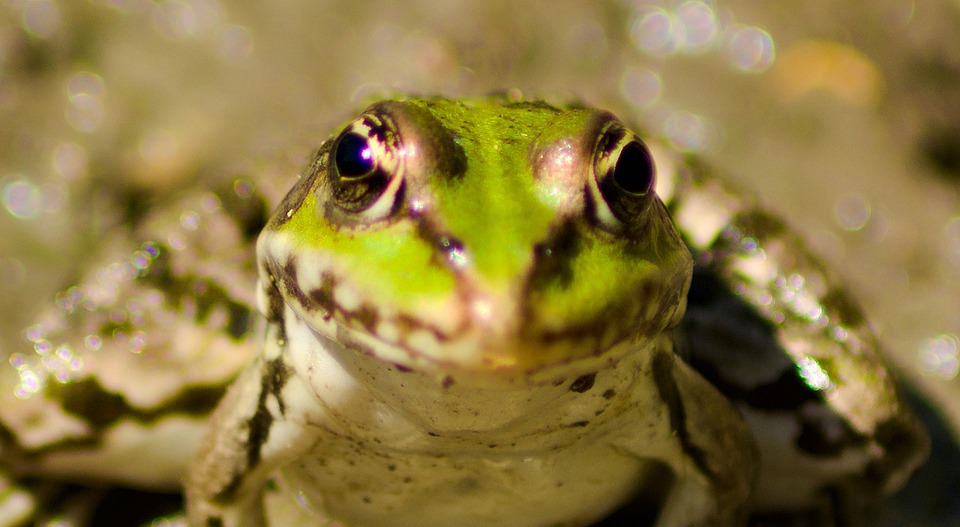 Meet a few live reptiles and amphibians (herps) and learn about the many ways they are similar and different. Discover the patterns in behavior of parents and offspring that help younger generations survive. Field trip programs (90 minutes) enable exploration and comparison of the diversity of life found in the different habitats here at TNC.
Meet a few live reptiles and amphibians (herps) and learn about the many ways they are similar and different. Discover the patterns in behavior of parents and offspring that help younger generations survive. Field trip programs (90 minutes) enable exploration and comparison of the diversity of life found in the different habitats here at TNC.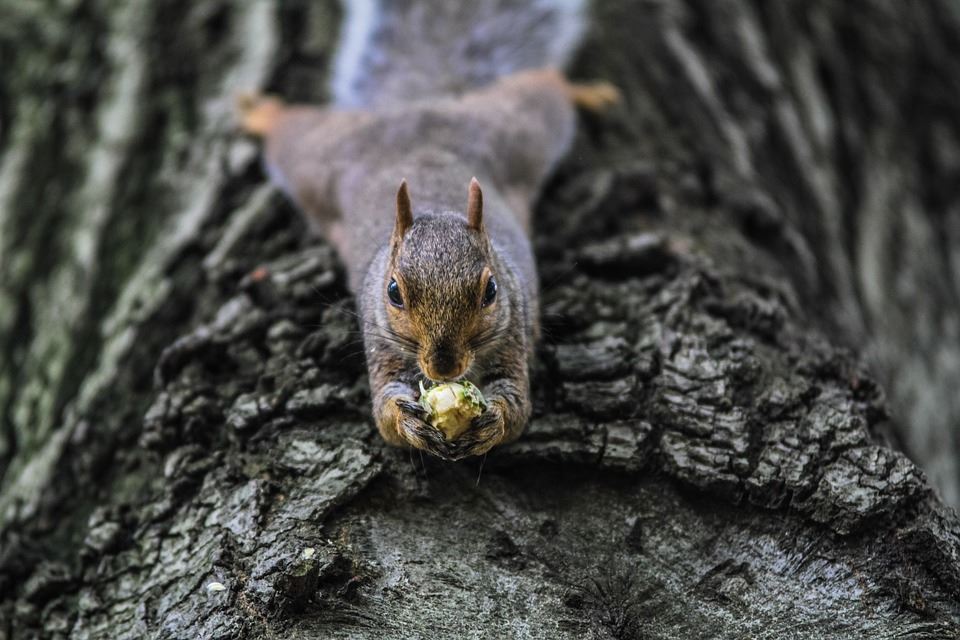 Discover what animals, plants, and people need in their habitat to survive and what makes a habitat a “home”. Explore two different areas found at TNC and compare the diversity of life. Learn why some organisms can't thrive and what adaptations others possess to enable their survival in our forest neighborhood.
Discover what animals, plants, and people need in their habitat to survive and what makes a habitat a “home”. Explore two different areas found at TNC and compare the diversity of life. Learn why some organisms can't thrive and what adaptations others possess to enable their survival in our forest neighborhood. Examine live insects and learn how diverse invertebrate life can be in a forest habitat. Discover how each animals shape help it to survive and how insects are similar yet different from other invertebrates. Learn about insect life stages and how some insects provide for their young. Learn how invertebrate have influenced humans and what we can do to reduce our negative impacts on their populations.
Examine live insects and learn how diverse invertebrate life can be in a forest habitat. Discover how each animals shape help it to survive and how insects are similar yet different from other invertebrates. Learn about insect life stages and how some insects provide for their young. Learn how invertebrate have influenced humans and what we can do to reduce our negative impacts on their populations.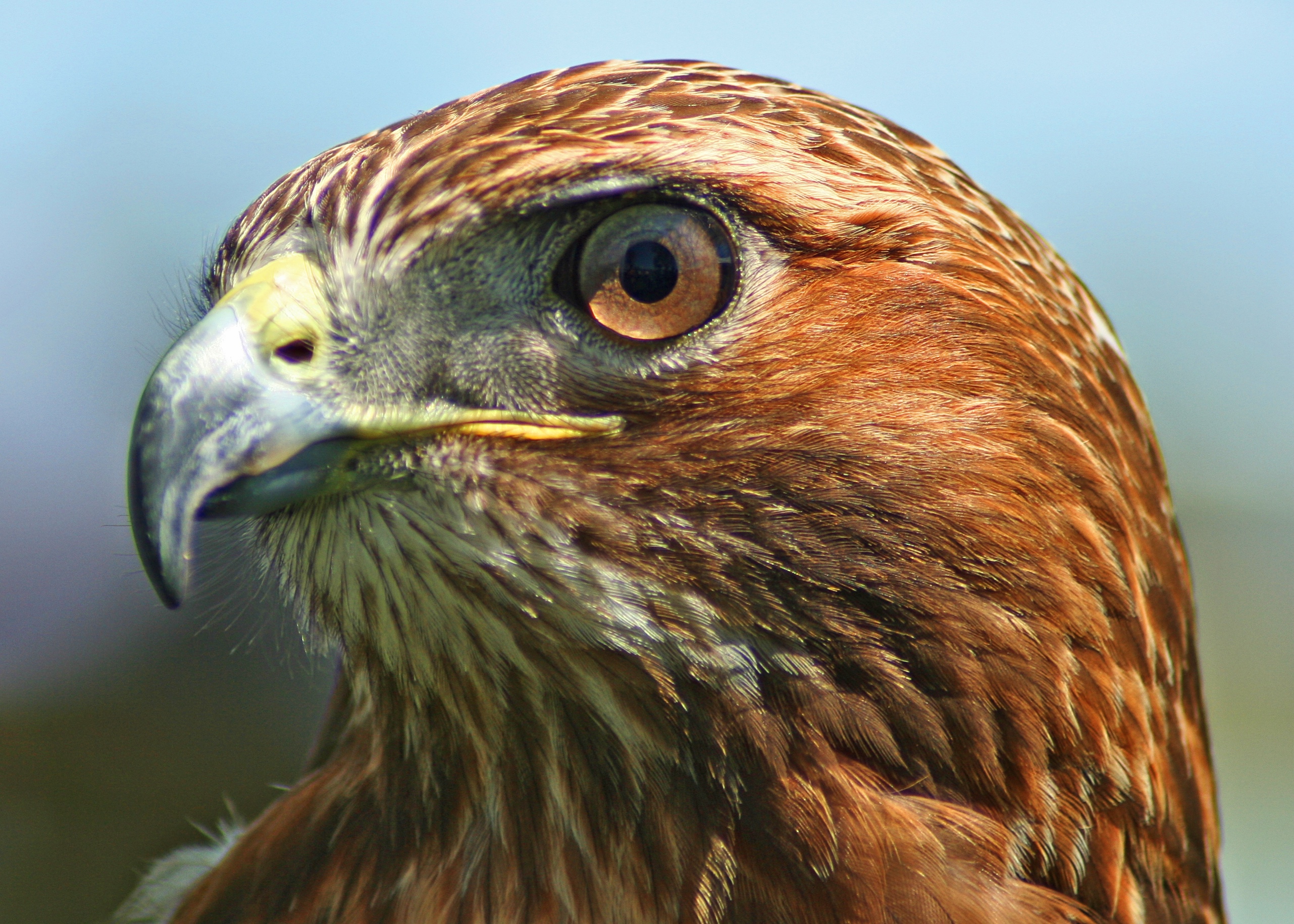 Meet a live hawk and owl and learn how each animals shape and other adaptations help it to survive. Discover what birds of prey need to survive and how people can reduce their impact on all avian species. Identify how the shape of a bird assists it in flight and what specific adaptations enable diurnal and nocturnal raptors to obtain food in their habitats. Field trip programs (90 minutes) feature a pellet dissection and learning how scientists are able to study and learn more about these winged wonders without direct contact.
Meet a live hawk and owl and learn how each animals shape and other adaptations help it to survive. Discover what birds of prey need to survive and how people can reduce their impact on all avian species. Identify how the shape of a bird assists it in flight and what specific adaptations enable diurnal and nocturnal raptors to obtain food in their habitats. Field trip programs (90 minutes) feature a pellet dissection and learning how scientists are able to study and learn more about these winged wonders without direct contact.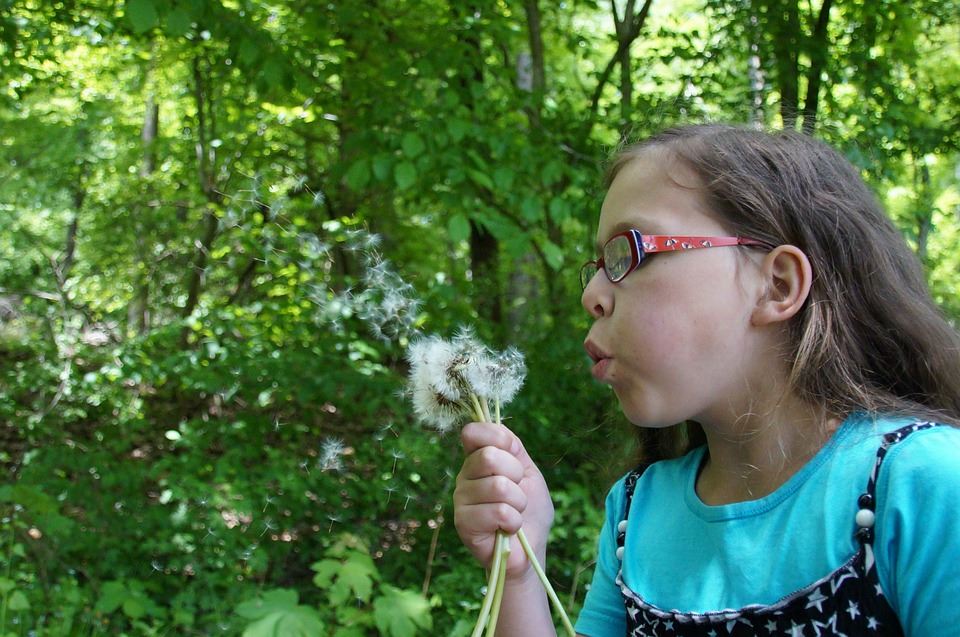 Identify how plants use their external parts to help themselves survive, grow, and meet their needs. Discover the various elements plants utilize to help disperse their seeds and how the shape of an object helps it to function as needed to solve a problem.
Identify how plants use their external parts to help themselves survive, grow, and meet their needs. Discover the various elements plants utilize to help disperse their seeds and how the shape of an object helps it to function as needed to solve a problem. Learn about the various shapes and kinds of bodies of water in our area and how they are all interconnected within our watershed. Explore while on a trail hike how TNC prevents erosion, runoff, and fill-in and discover how the states of water can be identified and altered.
Learn about the various shapes and kinds of bodies of water in our area and how they are all interconnected within our watershed. Explore while on a trail hike how TNC prevents erosion, runoff, and fill-in and discover how the states of water can be identified and altered.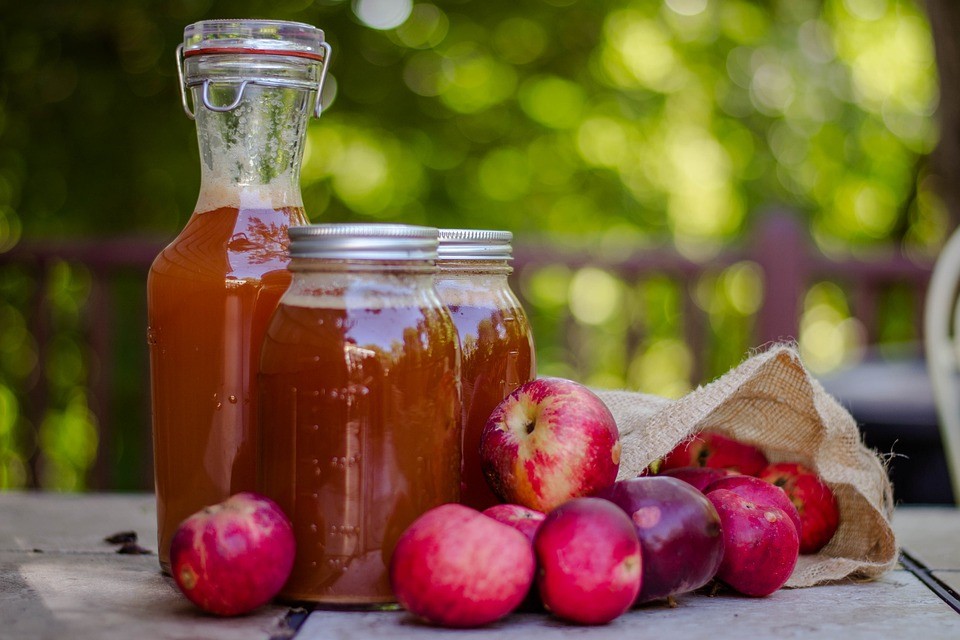 Discover how young and old plants are alike and what elements are needed for growth to occur. Learn how animals assist in seed dispersal and about the history of apple cider and the tools and solutions people developed to solve extraction problems. Then use an old-fashioned screw press to make and sample fresh apple cider.
Discover how young and old plants are alike and what elements are needed for growth to occur. Learn how animals assist in seed dispersal and about the history of apple cider and the tools and solutions people developed to solve extraction problems. Then use an old-fashioned screw press to make and sample fresh apple cider.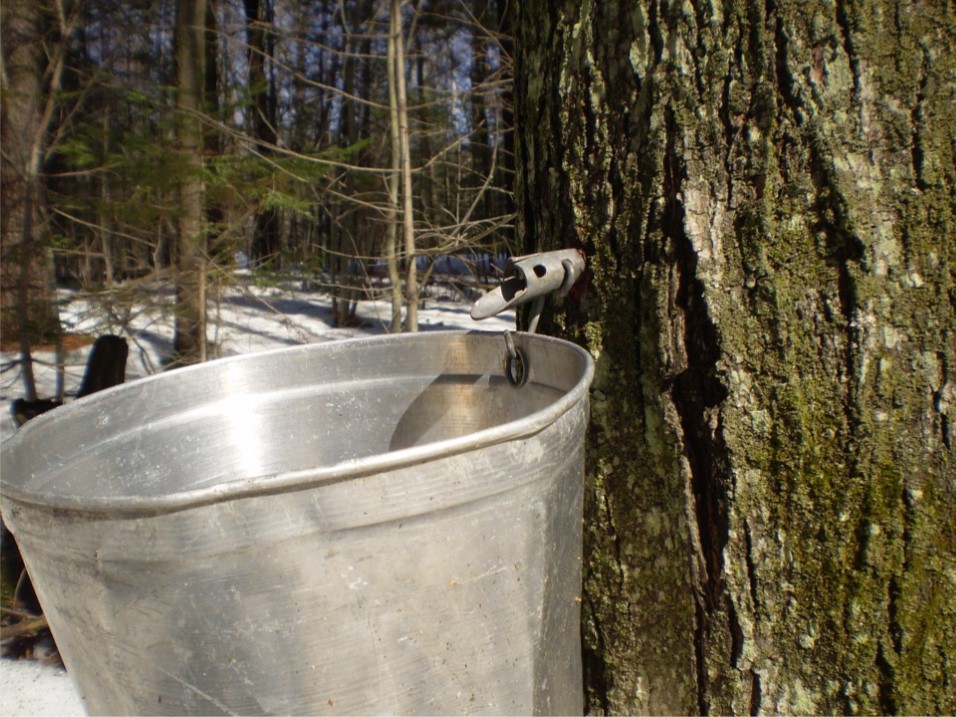 Discover what plants need, and how their main parts function to help with their survival. Explore how daylight affects a plants seasonal cycle and what that has to do with Maple Syrup. Learn how to identify a Maple tree and discover how to make maple syrup as we journey through the entire process of sap to syrup. Find out how those processes have changed over time and take the syrup challenge where participants taste and try to distinguish 100% maple from other syrup.
Discover what plants need, and how their main parts function to help with their survival. Explore how daylight affects a plants seasonal cycle and what that has to do with Maple Syrup. Learn how to identify a Maple tree and discover how to make maple syrup as we journey through the entire process of sap to syrup. Find out how those processes have changed over time and take the syrup challenge where participants taste and try to distinguish 100% maple from other syrup.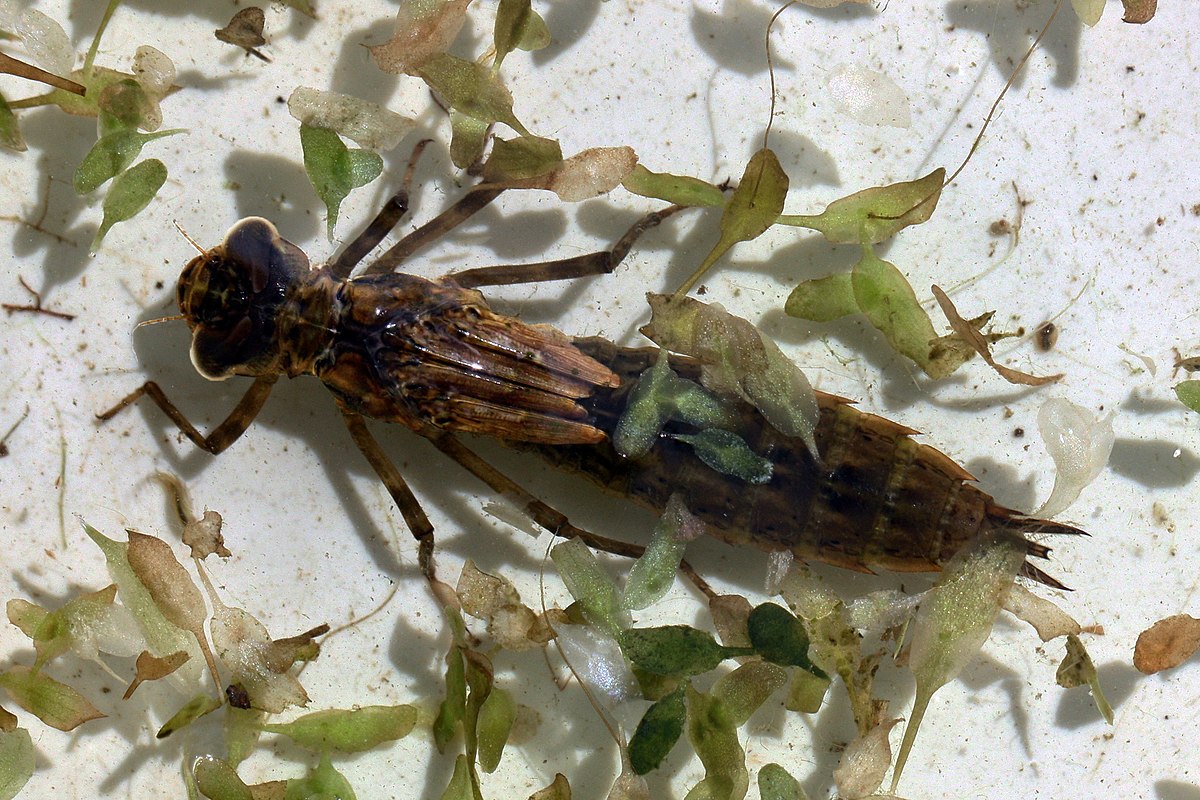 Examine the living macro-invertebrates found in a freshwater pond system and discover how their external parts help them to survive, grow, and meet their needs. Learn how the shape of land changes over time and what solutions people have developed to prevent this change.
Examine the living macro-invertebrates found in a freshwater pond system and discover how their external parts help them to survive, grow, and meet their needs. Learn how the shape of land changes over time and what solutions people have developed to prevent this change. Observe and learn about the characteristics of each season and how the amount of daylight relates to any changes. Discover how plants and animals respond to seasonal changes and what factors trigger that response. Learn why the leaves fall in the autumn, what signs animals leave in the winter, and how plants and animals prepare for changes and new growth in spring.
Observe and learn about the characteristics of each season and how the amount of daylight relates to any changes. Discover how plants and animals respond to seasonal changes and what factors trigger that response. Learn why the leaves fall in the autumn, what signs animals leave in the winter, and how plants and animals prepare for changes and new growth in spring.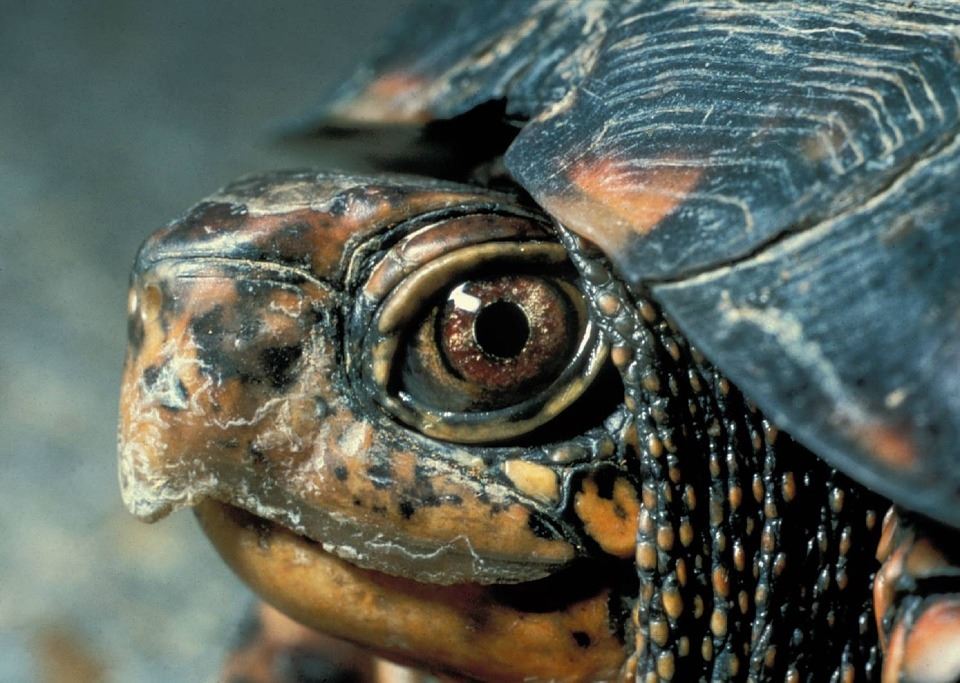 Help support the animal ambassadors that live at TNC, in conjunction with a scheduled field trip. Enjoy a 30 minute up close visit and Q&A session with your sponsored animal. All school & summer group sponsorship's receive a thank you package which includes: a group photo with the animal, certificate, photograph of sponsored animal, recognition in our newsletter, species information and animal's biography.
Help support the animal ambassadors that live at TNC, in conjunction with a scheduled field trip. Enjoy a 30 minute up close visit and Q&A session with your sponsored animal. All school & summer group sponsorship's receive a thank you package which includes: a group photo with the animal, certificate, photograph of sponsored animal, recognition in our newsletter, species information and animal's biography.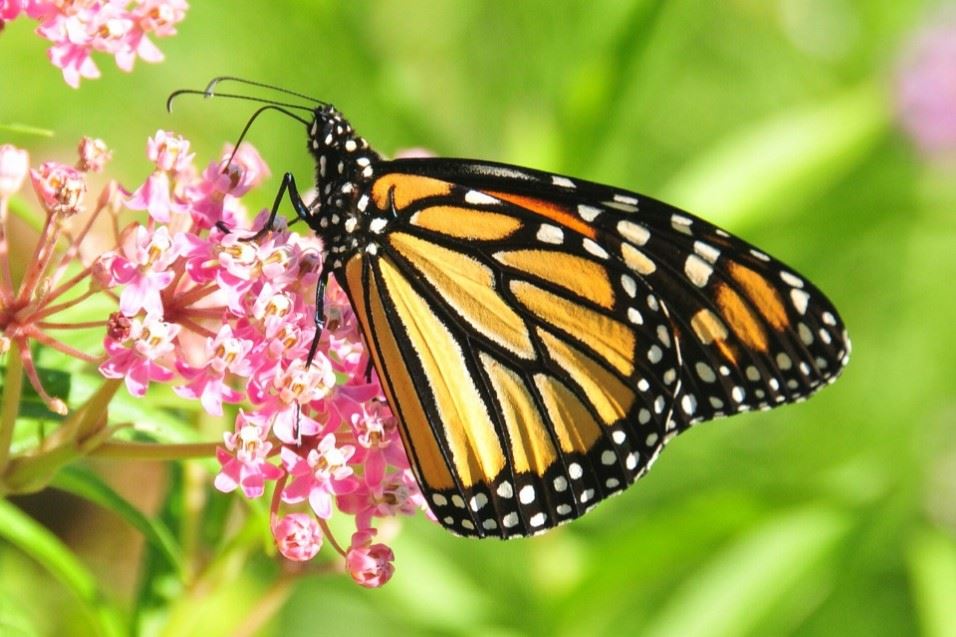 Come visit our beloved seasonal exhibit filled with live native butterflies. This add-on showcases beautifully colored butterflies sipping nectar and taking flight, offering students the opportunity to better understand and appreciate their life cycle and importance to the ecosystem. Inside you will be welcome to chat with staff or volunteers, ask questions, and enjoy the space while butterflies flit and fly about. Observe butterfly chrysalis in the chrysalis box. Maybe you will be lucky enough to see a butterfly emerge!
Come visit our beloved seasonal exhibit filled with live native butterflies. This add-on showcases beautifully colored butterflies sipping nectar and taking flight, offering students the opportunity to better understand and appreciate their life cycle and importance to the ecosystem. Inside you will be welcome to chat with staff or volunteers, ask questions, and enjoy the space while butterflies flit and fly about. Observe butterfly chrysalis in the chrysalis box. Maybe you will be lucky enough to see a butterfly emerge!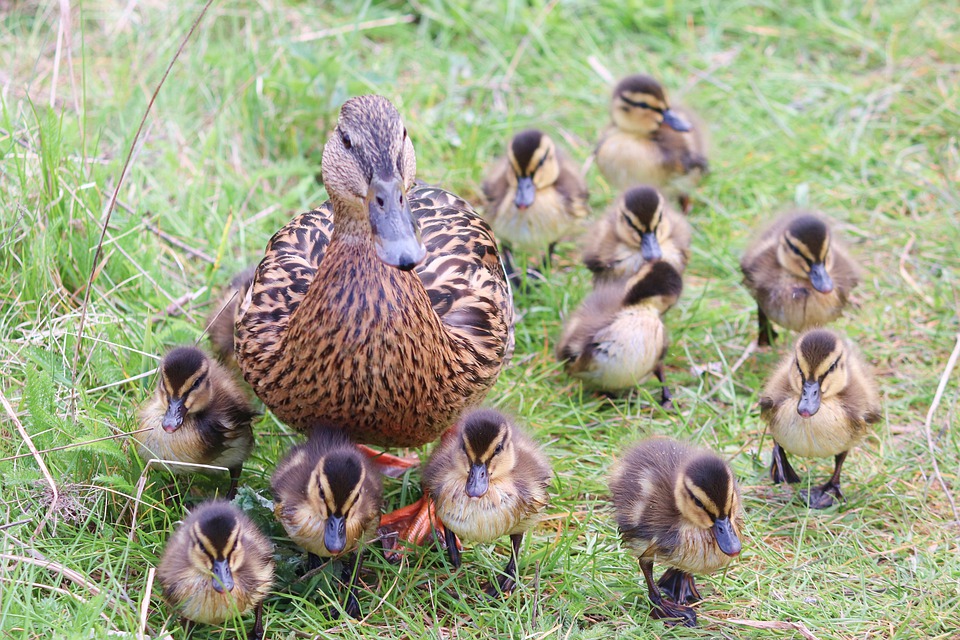 Before or after your scheduled programs, enjoy a guided trail walk along one of our trails, led by a TNC staff member.
Before or after your scheduled programs, enjoy a guided trail walk along one of our trails, led by a TNC staff member.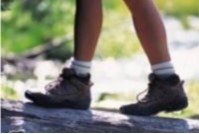 Before or after your scheduled programs, grab a trail map and guide your students along one of our trails.
Before or after your scheduled programs, grab a trail map and guide your students along one of our trails.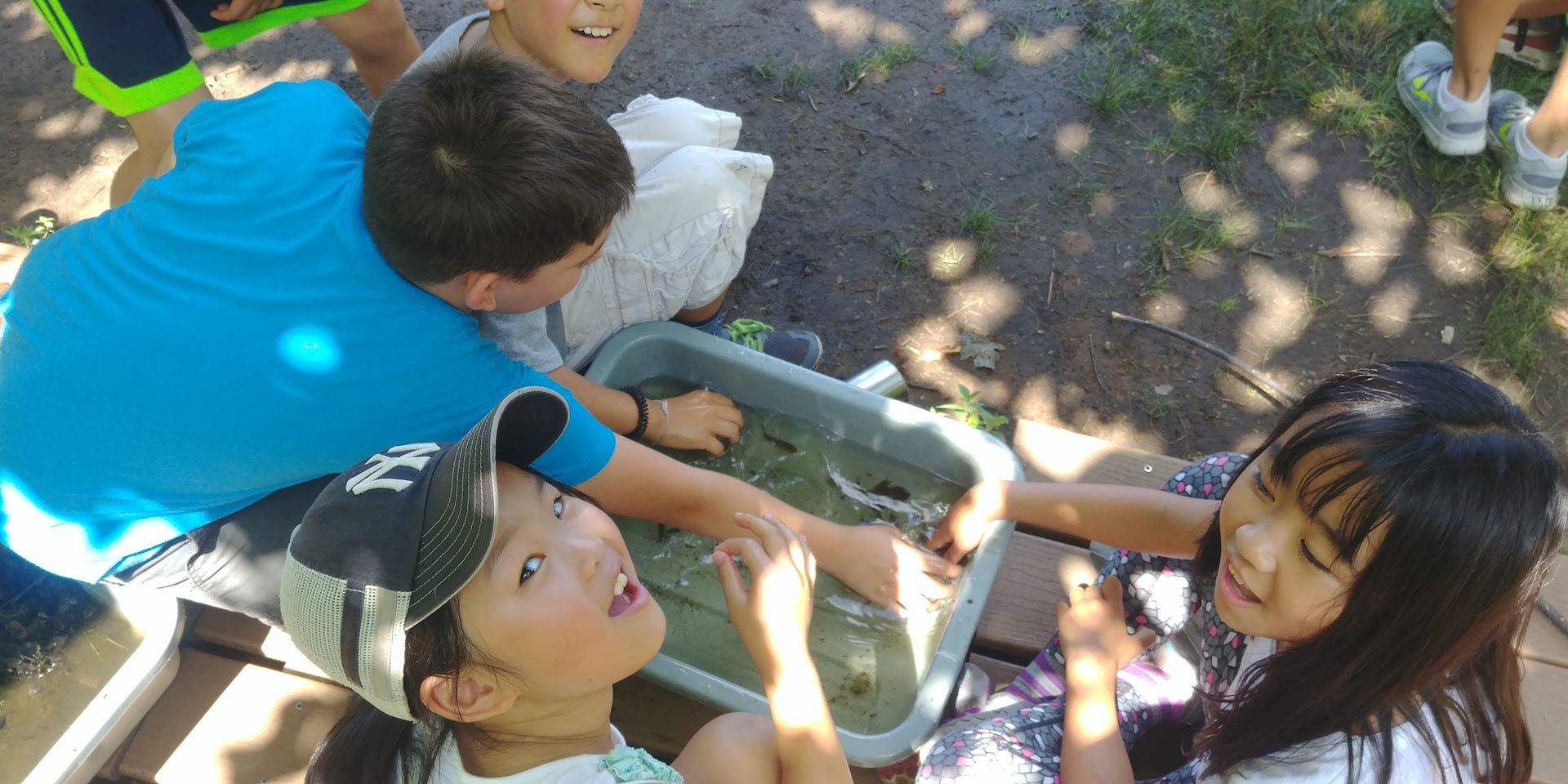
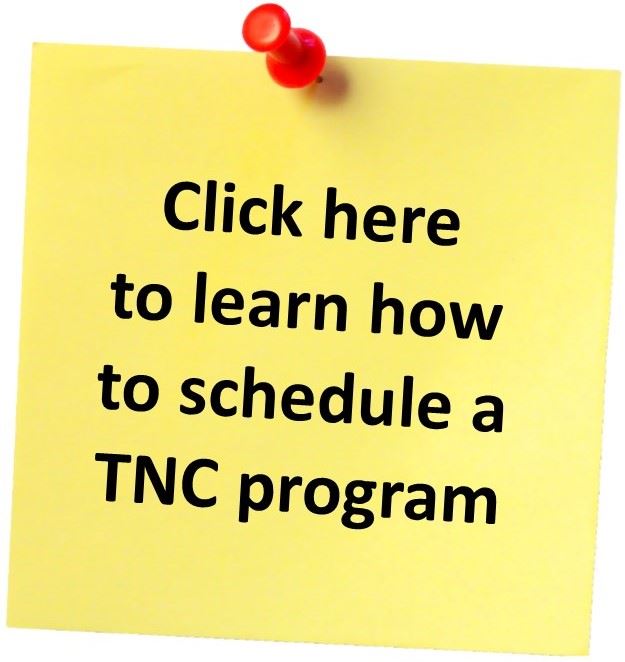

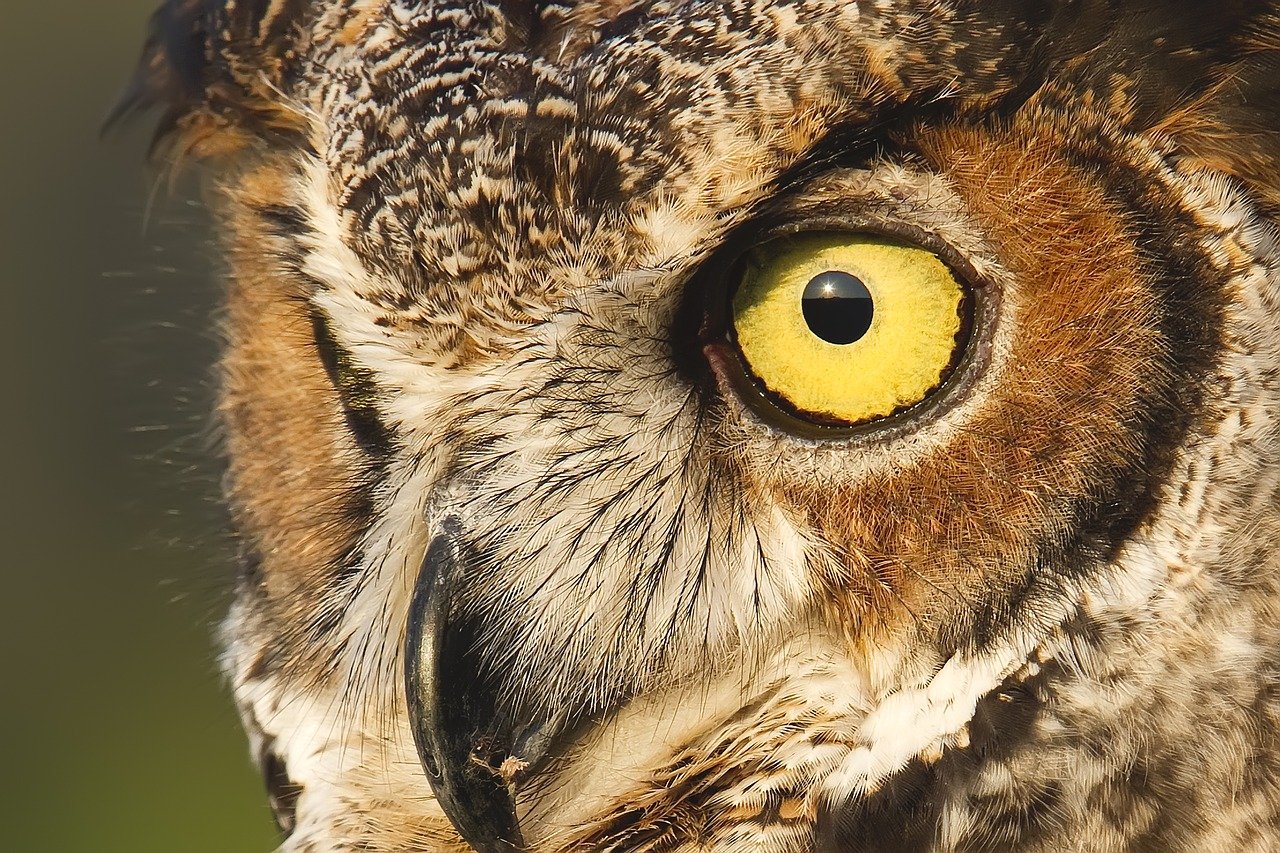 Discover what really makes an animal nocturnal and what they need to survive. Meet several live animals who are most active at dawn, dusk, or night. Learn how the earths surface is affected by sunlight and about the amazing adaptations some of these animals possess to thrive as they roam the nighttime landscape.
Discover what really makes an animal nocturnal and what they need to survive. Meet several live animals who are most active at dawn, dusk, or night. Learn how the earths surface is affected by sunlight and about the amazing adaptations some of these animals possess to thrive as they roam the nighttime landscape.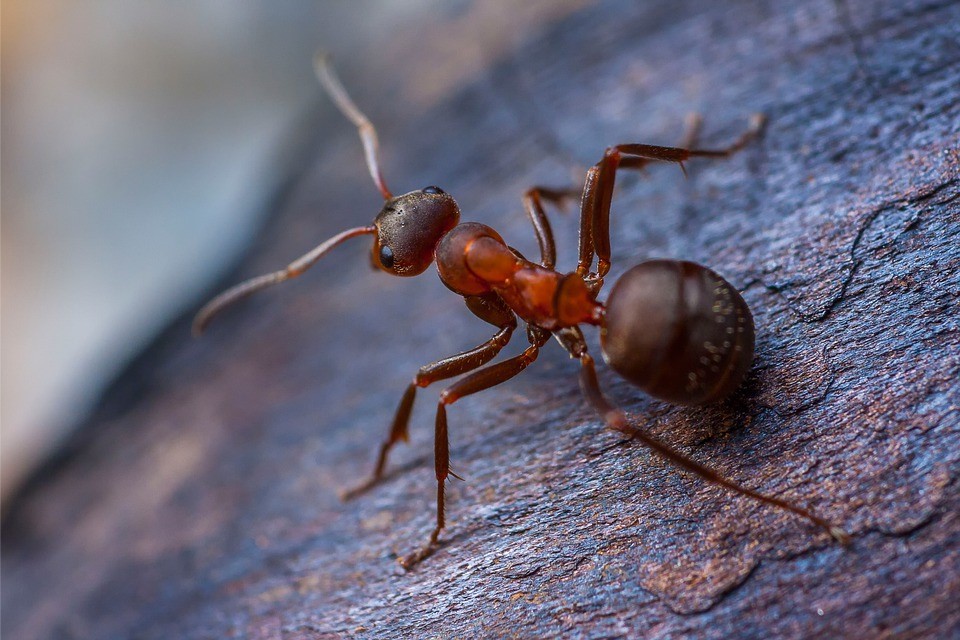 Examine live insects and learn how each animals shape help it to survive and how insects are similar yet different from other invertebrates. Learn about insect life stages and how some insects provide for their young. Learn how invertebrate have influenced humans and what we can do to reduce our negative impacts on their populations.
Examine live insects and learn how each animals shape help it to survive and how insects are similar yet different from other invertebrates. Learn about insect life stages and how some insects provide for their young. Learn how invertebrate have influenced humans and what we can do to reduce our negative impacts on their populations.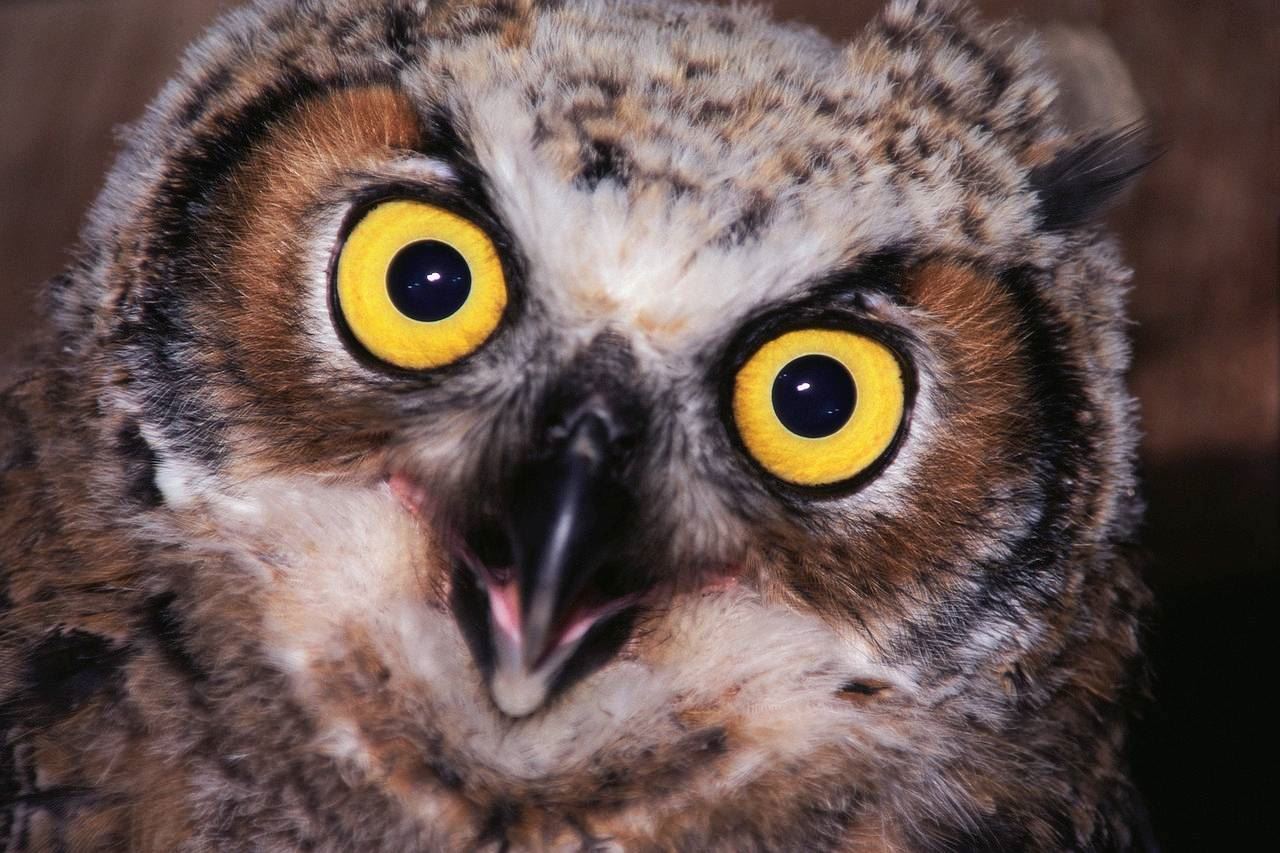 Meet a live owl and learn about their unique adaptations. Identify how people have mimicked their physical traits and for what purposes. Discover how young owls are similar, but not exactly like their parents, and what types of habitats these powerful and efficient predators prefer.
Meet a live owl and learn about their unique adaptations. Identify how people have mimicked their physical traits and for what purposes. Discover how young owls are similar, but not exactly like their parents, and what types of habitats these powerful and efficient predators prefer.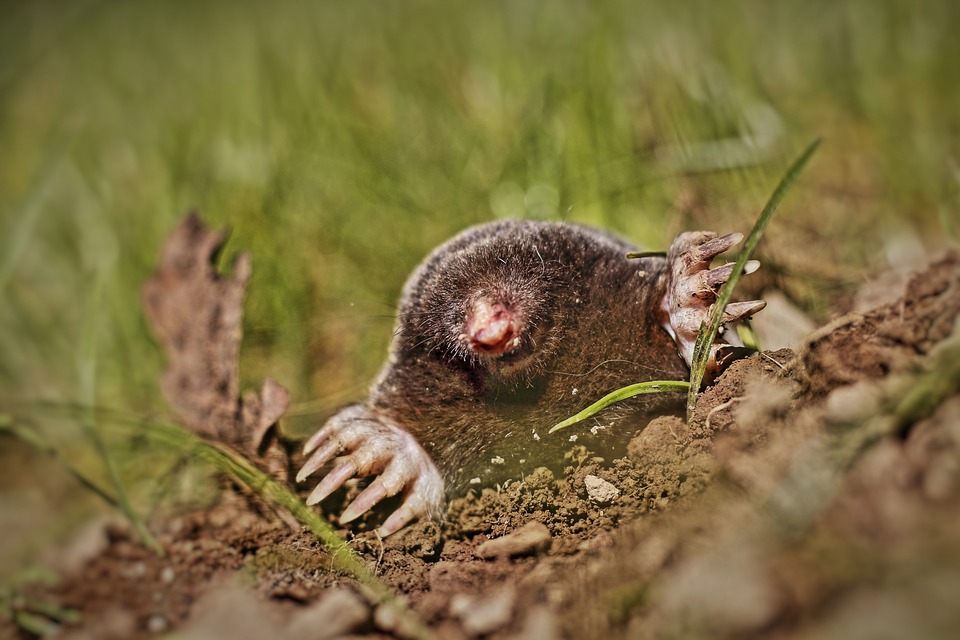 A hole in the ground is always mysterious as it invites curiosity and wonder. Discover why some organisms can survive in this underfoot habitat while others cannot at all. Meet several live animals who spend part of their lives underground and discover why subterranean ecosystems are diverse, balanced, and much more active than you may think.
A hole in the ground is always mysterious as it invites curiosity and wonder. Discover why some organisms can survive in this underfoot habitat while others cannot at all. Meet several live animals who spend part of their lives underground and discover why subterranean ecosystems are diverse, balanced, and much more active than you may think.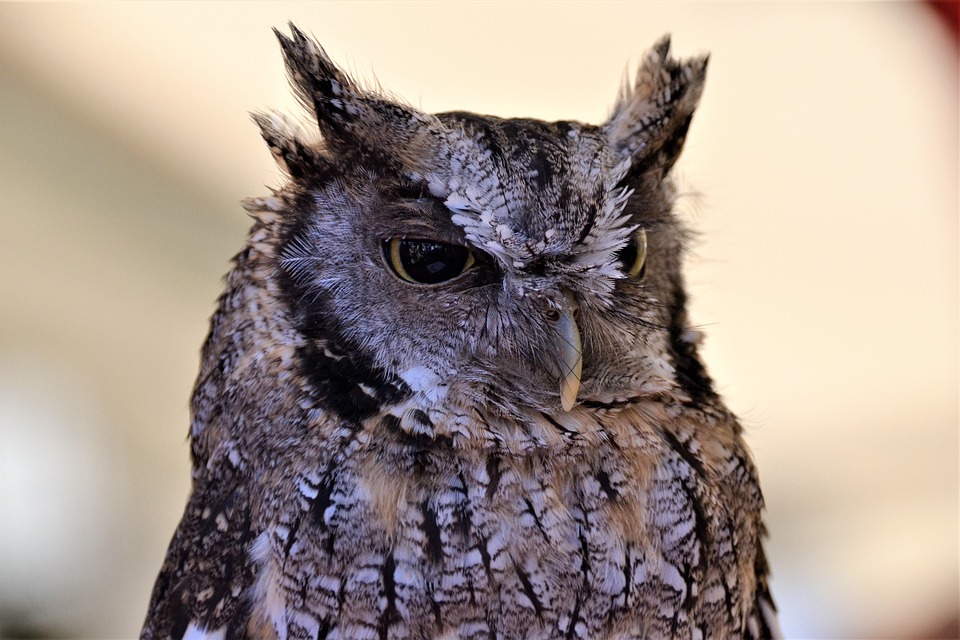
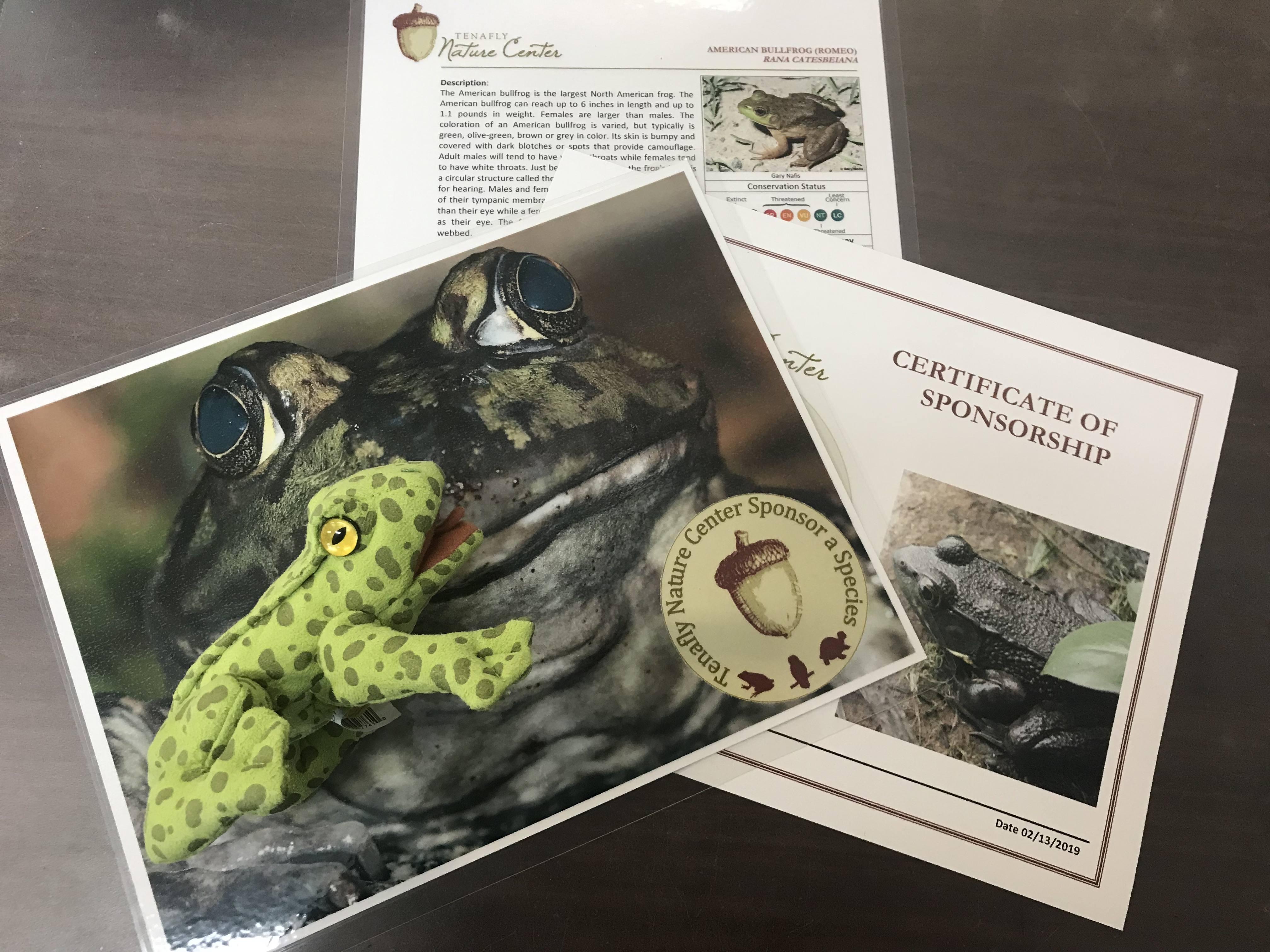
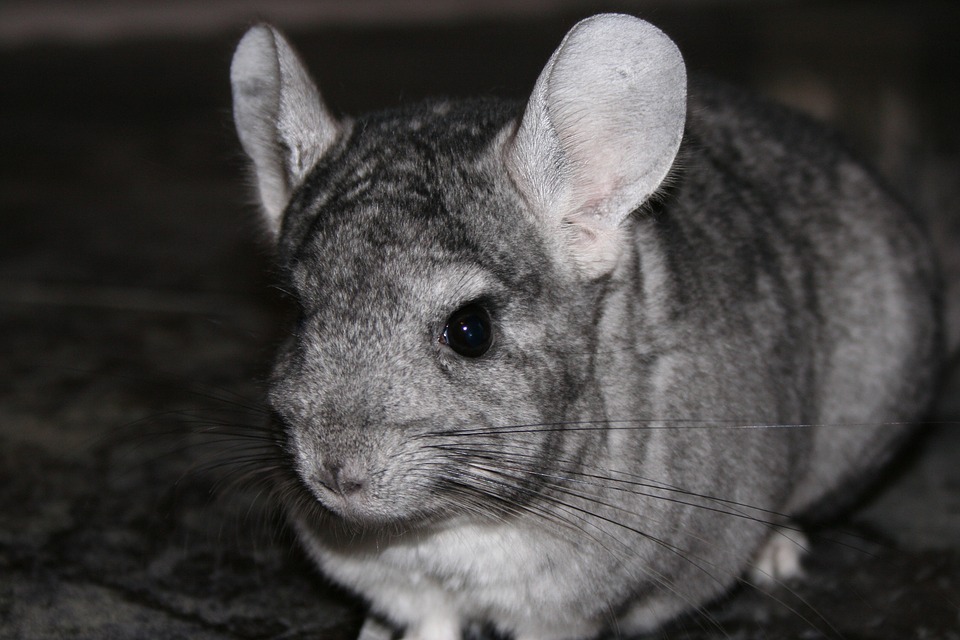

 Discover what really makes an animal nocturnal and what they need to survive. Meet several live animals who are most active at dawn, dusk, or night. Learn how the earth's surface is affected by sunlight and about the amazing adaptations some of these animals possess to thrive as they roam the nighttime landscape.
Discover what really makes an animal nocturnal and what they need to survive. Meet several live animals who are most active at dawn, dusk, or night. Learn how the earth's surface is affected by sunlight and about the amazing adaptations some of these animals possess to thrive as they roam the nighttime landscape.